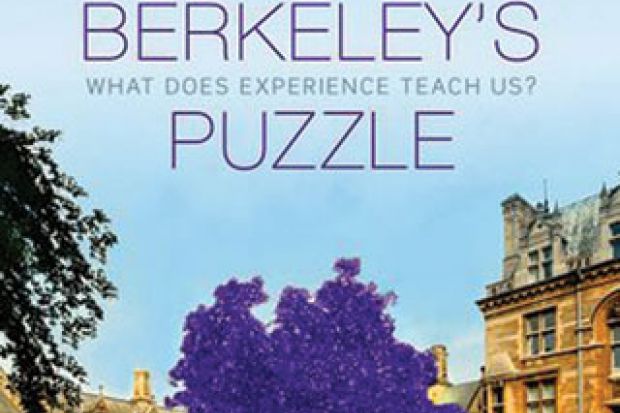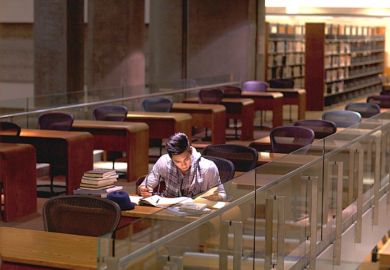The 17th-century scientific revolution revealed how different the world in itself is from what we experience it as being. Developments in optics and the discovery of light waves and sound waves suggested that, contrary to common sense, reality is a mass of colourless particles, while colour, sound and smell are not intrinsic qualities of things but simply the ways our visual, aural and olfactory equipment presents certain qualities to us; they are not really “out there” at all. Our knowledge of the world is supposedly based on our sense experiences, yet our sense experiences turn out only to provide knowledge of themselves, and certainly give us no inkling that the things we perceive persist independently of our perceiving them.
John Locke’s response was that while some of our ideas (as perceptions were then termed) bear no resemblance to the qualities they are systematically caused by, other ideas “resemble” qualities in material objects (shape and movement, for instance). But surely, objected George Berkeley, ideas are not like or unlike anything except other ideas, and an idea can only be in someone’s mind. So not only are ideas (redness, squareness) all that we can perceive; redness, etc must be all that is there to be perceived, without being underpinned by matter. Bishop Berkeley’s conclusion (that God is the ultimate grounding for communal perception) is unsatisfactory, and so his puzzle endures.
In this debate between two philosophers, John Campbell and Quassim Cassam each, differently, claim to solve Berkeley’s puzzle. For Campbell, the initial error is to take physicists’ account of the world as the only correct one. That necessitates “driving sensory experience inside the head” and postulating discrete, thing-like sense-experiences marooned from what must cause them: qualities in an objectively “qualitative world”. The physicist account is true at one level, he says, but at another the world can truthfully be described as consisting of material objects, and at yet another level as having colours, sounds and smells. It was no delusion, he observes, but a stink of rotting fish, that caused the chef to run out of the kitchen. Our brains have not evolved to give us pointless epiphenomenal experiences that have no impact on our behaviour, but to reveal the world to us so we can survive better by reacting to its real properties. On Campbell’s “relational” view, sensory experience is “a three-place relation holding between: i) the observer, ii) the point of view from which the scene is observed, and iii) the scene observed”.
But hallucinations and visual illusions have always been taken as the thin end of the wedge, which splits the perception from the perceived (if there is something-it-is-like for the straight stick to look bent in water, then there must also be something-it-is-like for the stick to look straight). How do we know when we are in the correct perceptual relation to our surroundings?
“Campbell needs to distinguish the sensory core of perceptual experience and its interpretational shell,” argues Cassam. He proposes a Kantian solution to the percept-concept gap: sensory experience automatically represents objects as mind-independent; any perception that human or non-human animals have presupposes the concept of persistent existence. But doesn’t that simultaneously make yet deny the distinction he accuses Campbell of ignoring? Campbell and Cassam each offer elegant “solutions” to Berkeley’s puzzle, but I was left more baffled by it than ever.
Berkeley’s Puzzle: What Does Experience Teach Us?
By John Campbell and Quassim Cassam
Oxford University Press, 214pp, £35.00
ISBN 9780198716259
Published 21 August 2014
Register to continue
Why register?
- Registration is free and only takes a moment
- Once registered, you can read 3 articles a month
- Sign up for our newsletter
Subscribe
Or subscribe for unlimited access to:
- Unlimited access to news, views, insights & reviews
- Digital editions
- Digital access to THE’s university and college rankings analysis
Already registered or a current subscriber?





